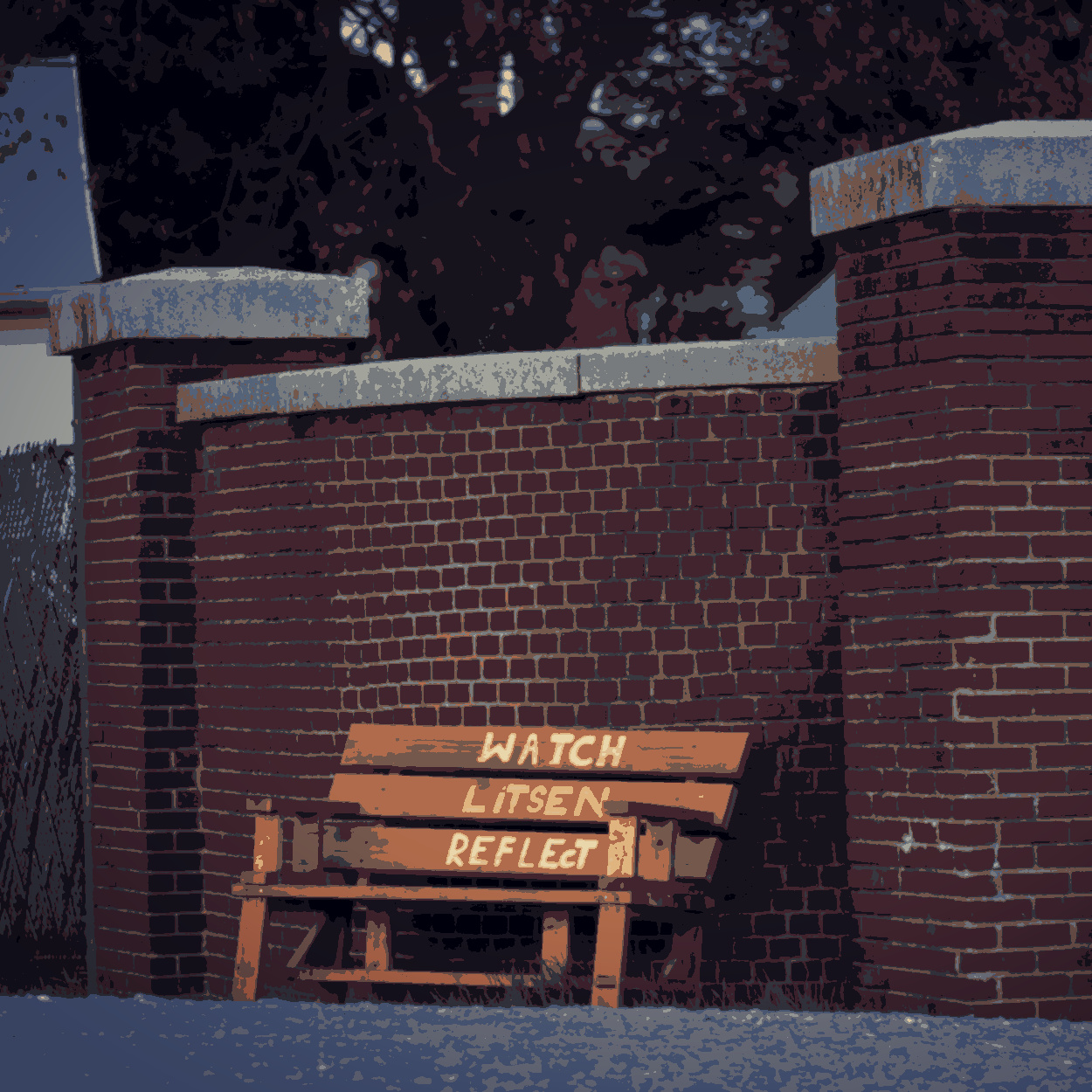
You Are Safe in My Classroom: Truth, Belonging, and Pride Flags
A BYU-Idaho professor writes to his students about the role of belonging, safe-spaces, and pride imagery.

A BYU-Idaho professor writes to his students about the role of belonging, safe-spaces, and pride imagery.

Recent criticism of Elder Holland’s remarks show us that anyone can be made an enemy, but the tradeoff is a world where the most vulnerable are taught they have very few friends.

When someone disagrees with us deeply, a great choice lies before us: Do we engage and investigate what is being argued—OR find one of many ways to dismiss the person making the argument?

Introducing and launching a new series of articles based on the American Families of Faith project involving scholars at BYU and beyond. The project aims to deepen understanding of diverse religious families across the United States.

The devil has been using contention to harden hearts and blind minds since long before social media. Then, and now, it’s a great way to stop the most important conversations from happening.

One sense of this popular term was used to call for the cancellation of Sister Wendy Nelson’s speech last week. Another sense of the same word was used to defend its occurrence.

There’s more than enough animosity and division going around today, with plenty of people proposing “the answer.” What if Jesus taught the true solution all along?

Rather than a source of continued fracture and division, could a deeper appreciation of religion’s place in U.S. history become a way to bring Americans of different perspectives together?

While most Americans love to talk about the high value of “pluralism” and “free speech” when push comes to shove they usually have a red line—an issue on which it’s NOT okay to disagree openly. At least not publicly. What’s yours?

After another contentious Presidential election, Americans are feeling unsettled and angry. If you’re looking for a way to opt out of the rancor this holiday season, Tracy Hollister has some advice.

True, people can be self-interested, calculating, megalomaniacal, partisan, and power-hungry. But God sees the whole person—and so should we.

The division is growing. And the American people are weary. But the truth of forgiveness and reconciliation is no less available and promising. One mediator’s perspective.